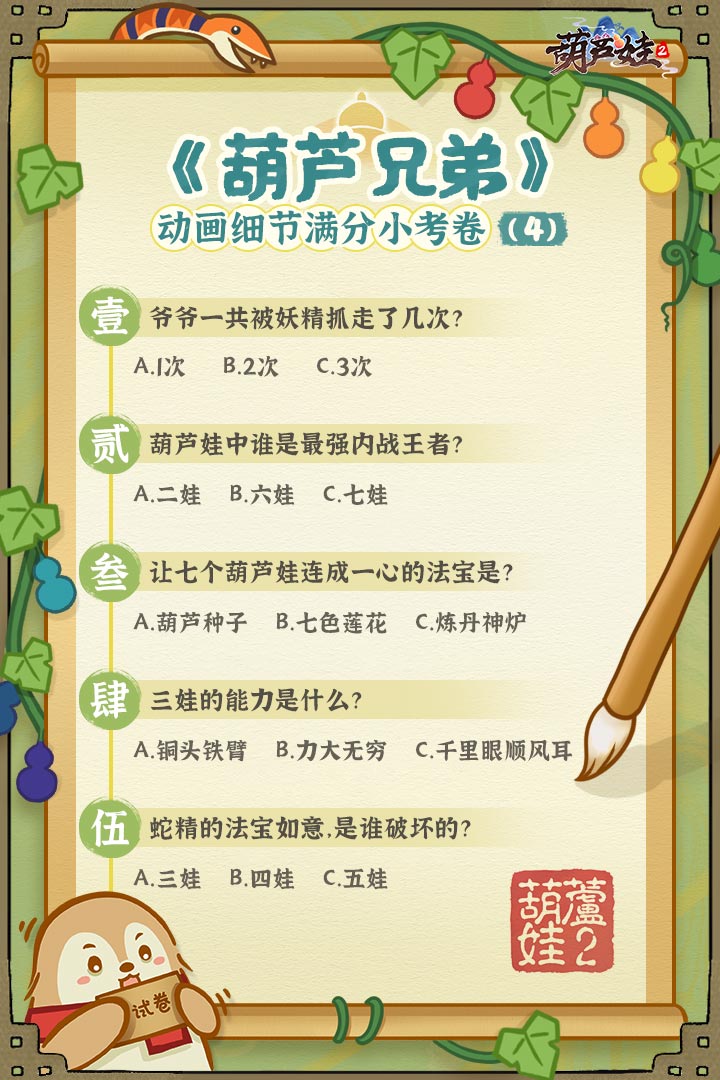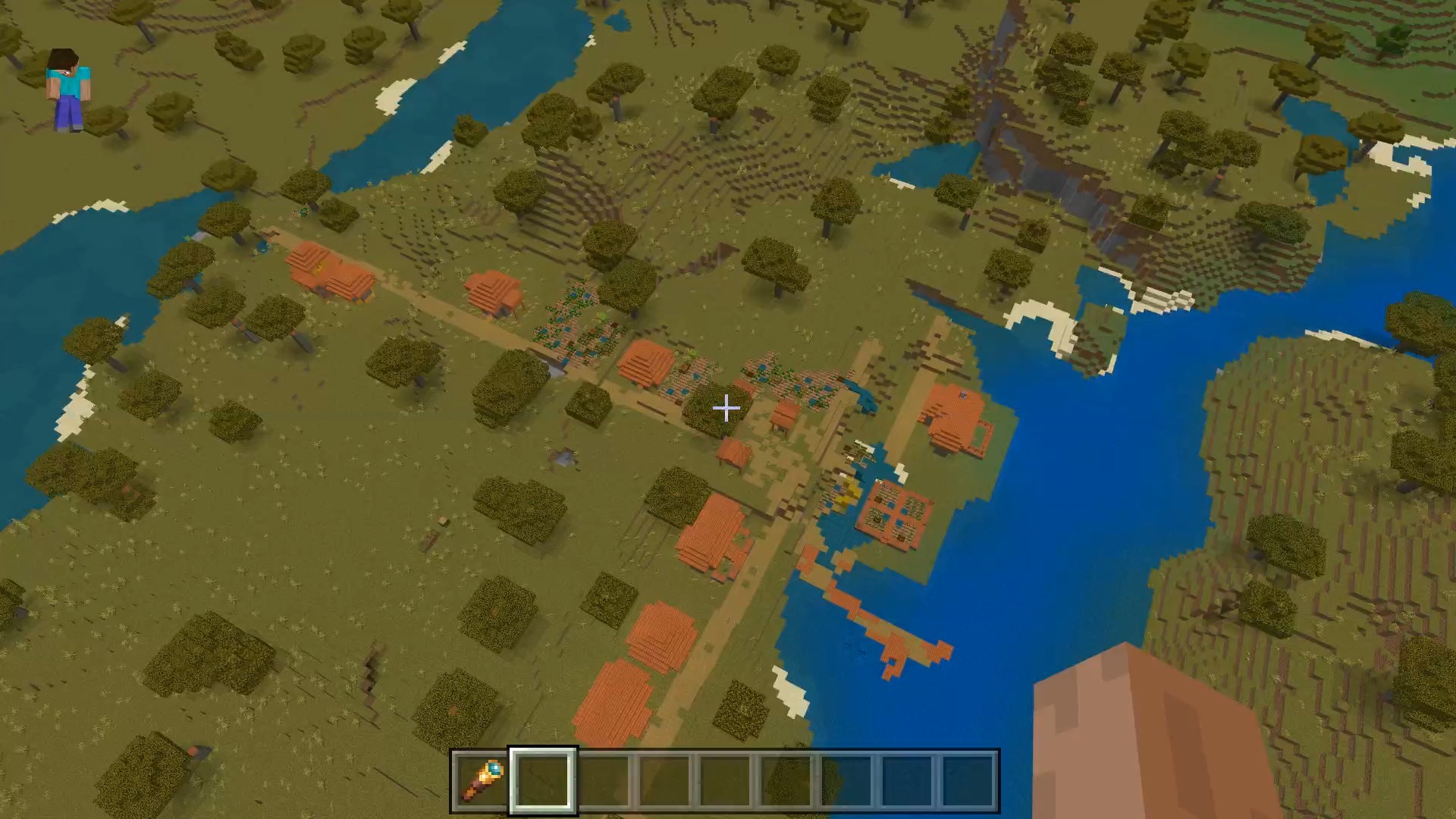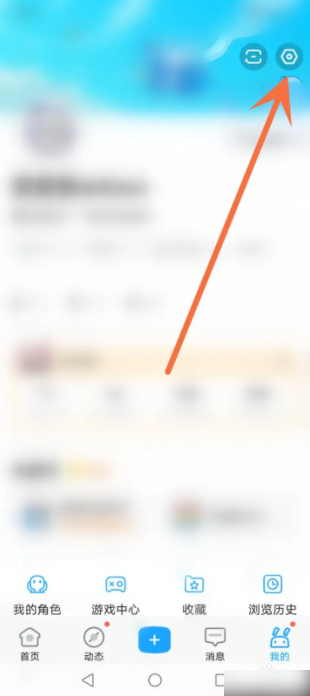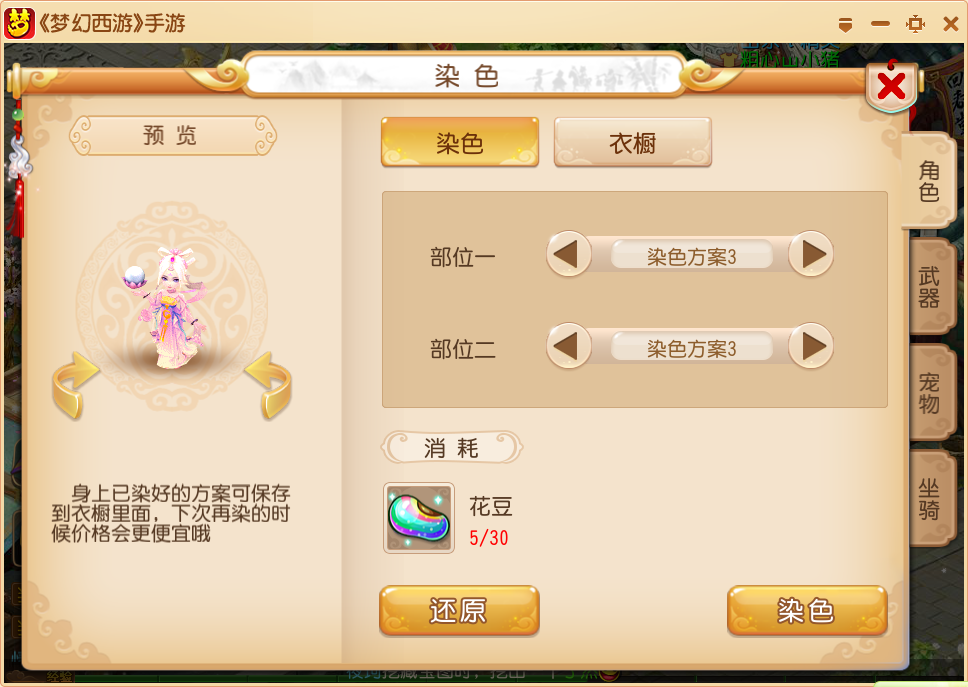LCUI is a user interface development library written in C, allowing you to create simple desktop applications using C, XML, and CSS. It supports traditional Win32 desktop applications and Windows Universal Apps, with primary focus on Windows systems. Future versions may expand support for Linux systems. If you have a foundation in C programming and experience in web development, you will find it easier to get started with LCUI, as its handling of XML, CSS, and element layout bears some similarities to web browsers. You can refer to the example code on the left to understand the basic effects.
Software Highlights
C Language Development: LCUI is primarily written in C, making it suitable for developers who prefer lightweight applications and those who are already familiar with C programming.
XML and CSS Support: You can use XML and CSS to describe page layouts and styles, saving time on page development and maintenance.
Cross-Platform Development: LCUI supports both Windows and Linux, enabling you to develop desktop applications and universal apps for both platforms.
How to Use LCUI
To start using LCUI, you need to have a basic understanding of C programming and familiarity with XML and CSS. Here’s a brief guide on how to use LCUI:
Install LCUI: Follow the installation instructions provided in the LCUI documentation to set up the library on your development machine.
Create a Project: Set up a new project directory and initialize it with the necessary LCUI files and folders.
Design Your UI: Use XML to design the layout of your application's user interface. You can define windows, buttons, text fields, and other UI elements in your XML files.
Style Your UI: Apply CSS styles to your XML-defined UI elements to enhance the visual appearance of your application.
Write C Code: Implement the functionality of your application using C. You will interact with the UI elements defined in your XML files through C functions provided by LCUI.
Compile and Run: Use the LCUI build system to compile your application and run it on your target platform.
Version Updates
The latest version of LCUI includes several bug fixes and new features:
Bug Fixes:
Resolved an issue where wasm-ld reported a duplicate symbol error.
Fixed a memory leak issue in the display component.
Addressed a segmentation fault in the gui component when components were destroyed.
Corrected a segmentation fault in TextView_SetTextW().
Fixed a segmentation fault when setting the text cursor in the ime component.
Resolved a segmentation fault issue in the Linux version of LCUI when the dialog was minimized and 3D rendering was attempted.
Removed event trigger logic from the OpenMP parallel loop in the mainloop to prevent main thread blocking.
New Features:
Added a new settings plugin for managing application settings and preferences.
LCUI continues to evolve, with ongoing development and community contributions. Stay updated with the latest changes and improvements by following the official LCUI repository and community forums.







 OpenResty
OpenResty
 WillPHP框架
WillPHP框架
 狮子鱼社区团购独立版源码
狮子鱼社区团购独立版源码
 Slidev
Slidev
 magic-api
magic-api
 Hangfire
Hangfire
 Bubble Tea
Bubble Tea
 PostCSS
PostCSS
 2K公布免费第三人称英雄射击游戏《Ethos计划》
2K公布免费第三人称英雄射击游戏《Ethos计划》
 考试啦,《葫芦娃2》带来原动画细节小考卷(4)
考试啦,《葫芦娃2》带来原动画细节小考卷(4)
 王国两位君主北欧之地隐士有什么用
王国两位君主北欧之地隐士有什么用
 我的世界种子怎么种植方法
我的世界种子怎么种植方法
 崩坏学园2怎么注销崩坏怎么注销账号
崩坏学园2怎么注销崩坏怎么注销账号
 不止《生化危机》外媒精选30款恐怖佳作
不止《生化危机》外媒精选30款恐怖佳作
 王国两位君主北欧之地雷神之锤解锁顺序
王国两位君主北欧之地雷神之锤解锁顺序
 梦幻西游梦玲珑穿什么
梦幻西游梦玲珑穿什么
 功夫熊猫阿宝邀你切磋,《蛋仔派对》联动KouKouLove第二弹开启
功夫熊猫阿宝邀你切磋,《蛋仔派对》联动KouKouLove第二弹开启
 终结之王SF《街头篮球》提升胜率之失误控制
终结之王SF《街头篮球》提升胜率之失误控制